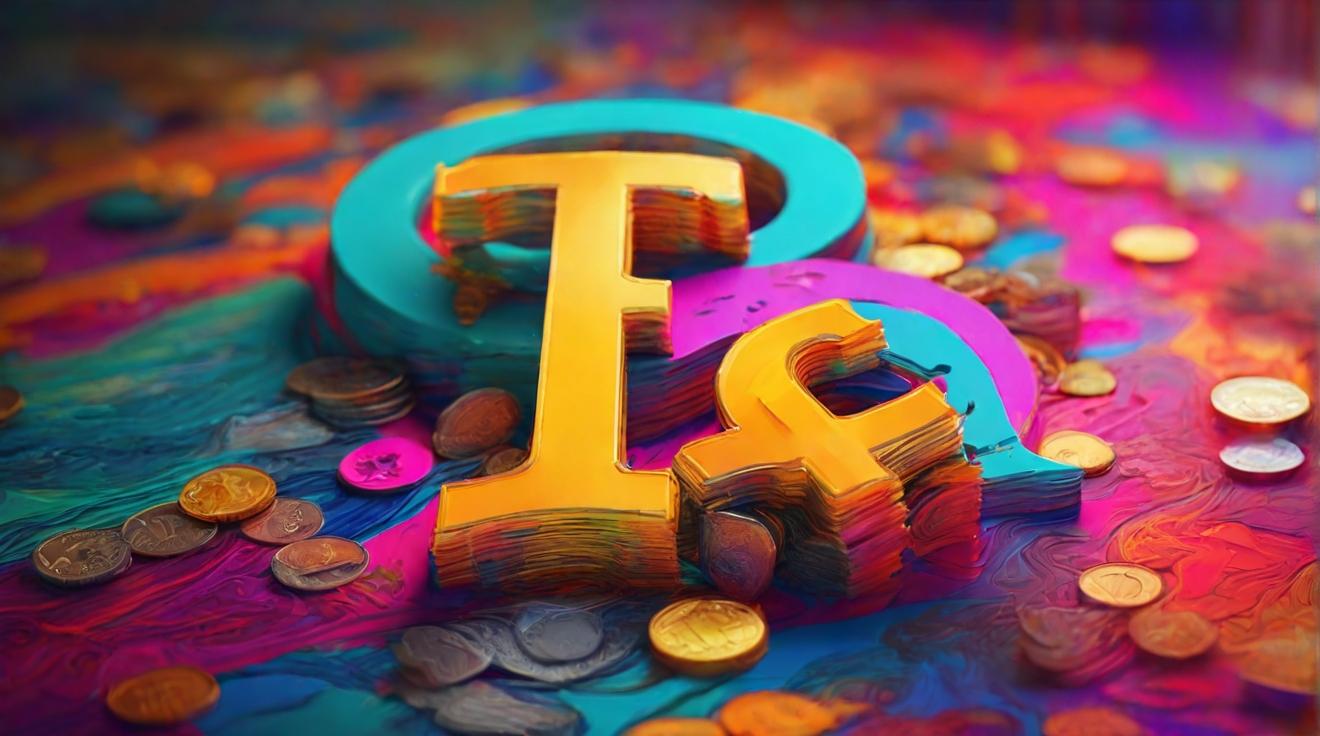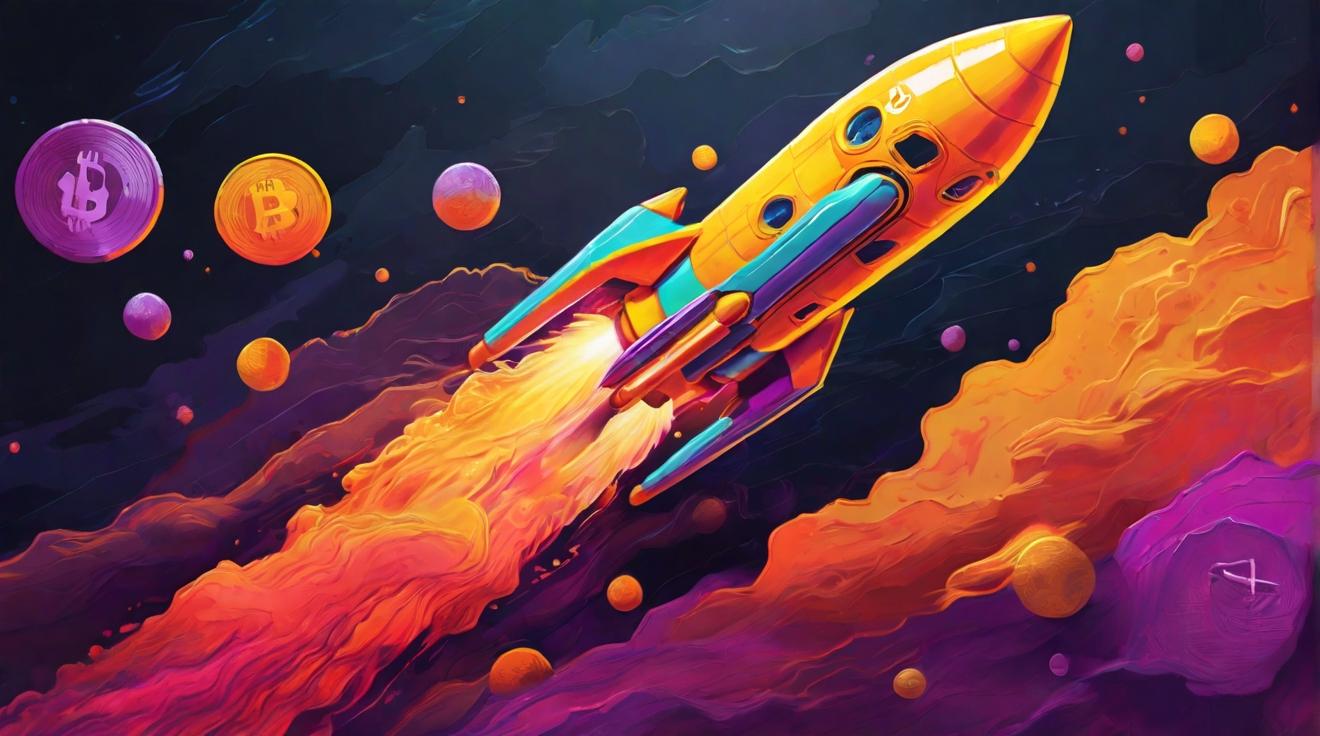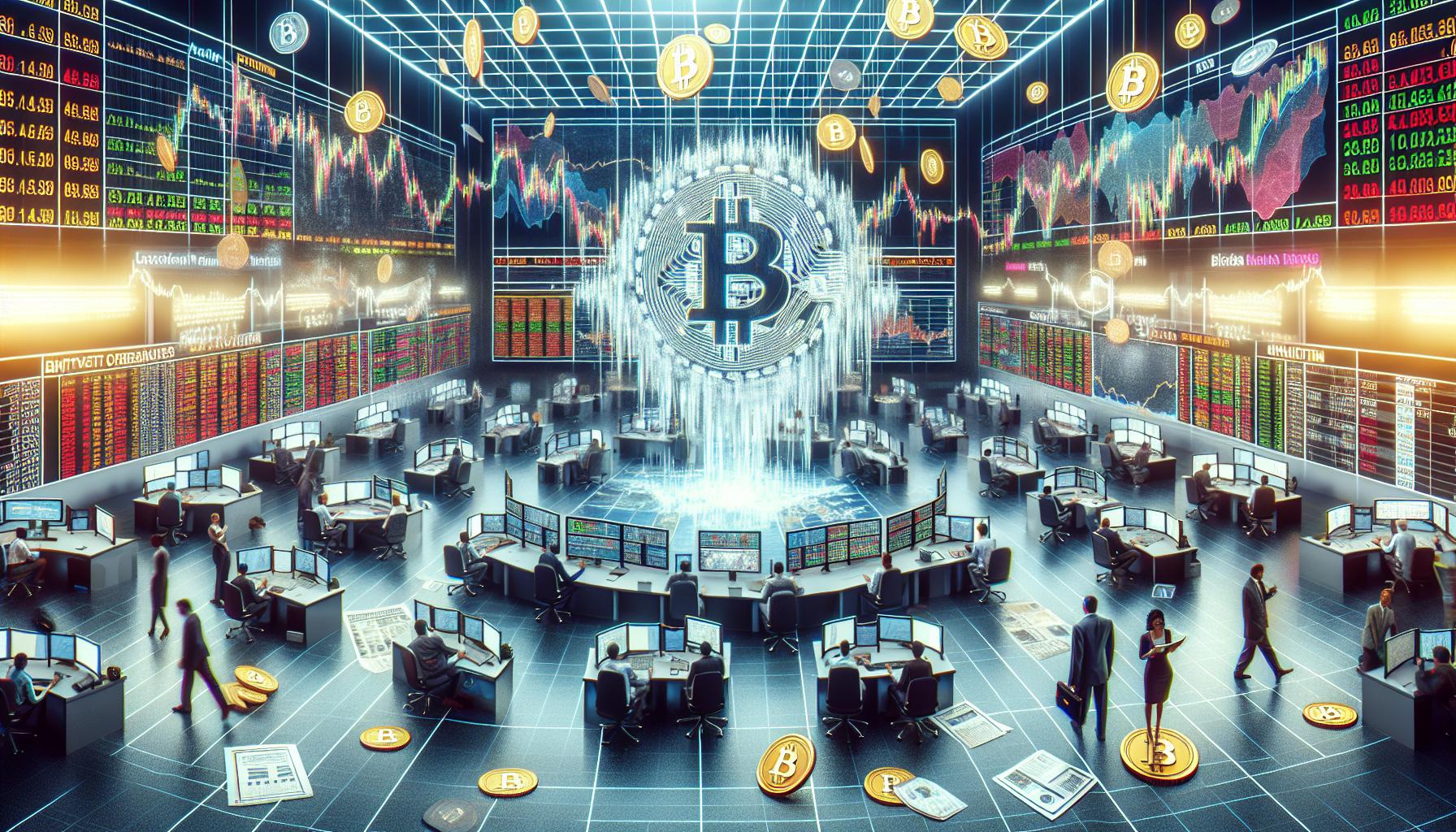Indonesian Student's Viral NFT Project: From Selfies to Wealth
In an unprecedented twist of creativity and digital innovation, Sultan Gustaf Al Ghozali, a student from Indonesia, has turned his daily selfie routine into a lucrative venture, amassing more than $1 million. Dubbed "Ghozali Everyday," this venture saw Ghozali capturing his own image every day for six years, culminating with his graduation selfie from Universitas Dian Nuswantoro in Semarang, Indonesia. Reflecting on the project, Ghozali mentioned, "this might be the stupidest idea I ever came up with, but luckily I can make money from it."
Not resting on his laurels, Ghozali has ventured into the realm of cryptocurrencies with a novel memecoin. Labelled as the extension of His Ghozali Everyday stint, this new project merges the quirky elements of memecoins with the unique traits of NFTs (Non-Fungible Tokens). Based on Base, Coinbase’s layer 2 blockchain network, the project's presale has already garnered $1.4 million, promising investors a tantalizing hybrid airdrop.
Resurgence of Memecoins: Beyond the Hype
Despite the volatile nature of memecoins, the market has observed a substantial resurgence, pushing the market capitalisation over $66 billion. Projects featuring memorable and quirky characters, such as “dogwifhat” and “slerf” on the Solana blockchain, have witnessed significant activity. However, a grave reminder of the risks involved comes from a $10 million loss due to a developer error in the slerf project, underscoring the importance of investor diligence.
Amidst this renewed fascination, regulatory bodies have raised alarms. The UK's Financial Conduct Authority has especially targeted influencers, issuing guidelines for promoting financial products, including cryptocurrencies, to safeguard the market integrity.
HSBC's Pioneering Endeavor: Tokenised Gold
Simultaneously, global banking titan HSBC is making headlines with its innovative approach to blending traditional finance with blockchain technology. Introducing a tokenised gold product for its retail clients in Hong Kong via the Orion digital assets platform, HSBC explores a new avenue in asset tokenisation. However, it's noteworthy that these gold tokens are neither redeemable for physical gold nor tradable on secondary markets, setting it apart from similar offerings by entities like Tether, Paxos, and South Korea's CREDER.
Crypto Scams and Regulatory Actions: A Global Concern
On the darker side of blockchain's breakthroughs, South Korean authorities have apprehended two individuals implicated in a crypto scam, deceiving an elderly man out of $4.1 million with the promise of exorbitant returns. This incident underscores the rampant issue of fraudulent schemes within the crypto industry.
Merging with this narrative of control and supervision, the Philippines has restricted access to the Binance website, showcasing a nation-wide initiative to regulate cryptocurrency operations. Similarly, in a striking move, South Korean officials are poised to confiscate a $2.2 million property in Belgrade, linked to Do Kwon, further highlighting the international dimension of crypto regulation.
Conclusion
The intertwined tales of Ghozali’s innovative leap from selfies to NFTs and HSBC’s foray into tokenised assets, juxtaposed with the cautionary accounts of crypto scams and stringent regulatory measures, paint a multifaceted portrait of today's digital finance landscape. As the globe tilts further towards blockchain and cryptocurrencies, the saga of risk, reward, and regulation continues to unfold.
Analyst comment
Positive news: Indonesian student Sultan Gustaf Al Ghozali’s NFT project turns his selfies into a profitable venture, amassing over $1 million.
Neutral news: Resurgence of memecoins in the market with a market capitalization over $66 billion, but cautionary tales of risks involved and regulatory alarms raised.
Positive news: HSBC introduces tokenized gold product for retail clients in Hong Kong, blending traditional finance with blockchain technology.
Negative news: South Korean authorities apprehend individuals involved in a crypto scam, highlighting the issue of fraudulent schemes. Philippines restricts access to Binance website, emphasizing the global initiative to regulate cryptocurrency operations.
Short analysis: The market is likely to witness continued growth and innovation in the NFT sector, as seen with Sultan Gustaf Al Ghozali’s successful project. However, caution and regulatory measures will also be prominent to address the risks and scams associated with the crypto industry. The introduction of tokenized assets by HSBC shows the adoption of blockchain technology by traditional financial institutions.













